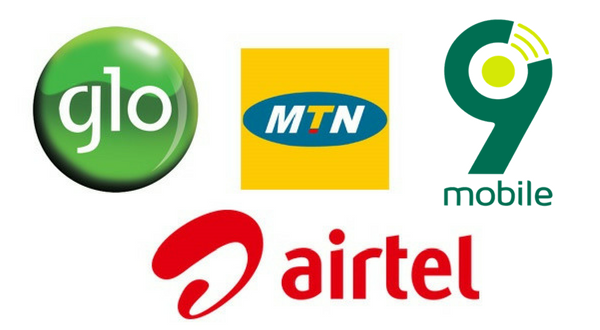Nigerian Telcos Propose 100% Tariff Hike.
The latest developments regarding Nigerian telecommunications companies proposing a 100% tariff hike show that major telecom operators, including MTN Nigeria, Airtel, Glo, and 9mobile, are seeking a significant increase in tariffs for calls, SMS, and data services. The proposal has been submitted to the Nigerian Communications Commission (NCC) for approval, with the aim of offsetting rising operational costs due to factors like inflation, naira devaluation, and increased service delivery expenses.
Karl Toriola, CEO of MTN Nigeria, has expressed optimism about the necessity of the hike for industry sustainability but acknowledged uncertainty over its approval, considering the current economic situation in Nigeria. The proposed increase is seen as critical for the sector’s survival, given the increased costs of diesel, infrastructure maintenance, and other operational challenges. However, there is skepticism about whether the NCC will approve such a high increase due to its sensitivity to consumer affordability amidst Nigeria’s economic climate.
The discussion around this tariff hike has been ongoing, with telecom operators highlighting that tariffs have remained unchanged for over a decade, leading to financial strain. There have been calls from industry associations like the Association of Licensed Telecommunications Operators of Nigeria (ALTON) for a tariff adjustment to reflect economic realities and ensure continued investment and service quality.
Consumer reactions have been largely negative, with groups like the National Association of Telecommunications Subscribers (NATCOMS) and the Association of Telephones, Cable TV and Internet Subscribers of Nigeria (ATCIS) criticizing the proposed hike as insensitive, especially given the economic hardships faced by Nigerians. They argue that the quality of service does not justify such a significant price increase.
The NCC is currently in a delicate position, balancing the need for industry sustainability with consumer welfare. The regulator has historically been cautious about approving tariff increases, focusing instead on ensuring affordability and service quality. While there have been indications that some form of tariff adjustment might be approved in early 2025, no final decision has been confirmed as of the latest updates.
This situation reflects the broader challenges within Nigeria’s telecom sector, where operators are grappling with high operational costs and economic pressures while trying to maintain service quality and invest in infrastructure like 5G. The outcome of these discussions will significantly influence both the telecom industry’s future in Nigeria and the financial burden on consumers.



